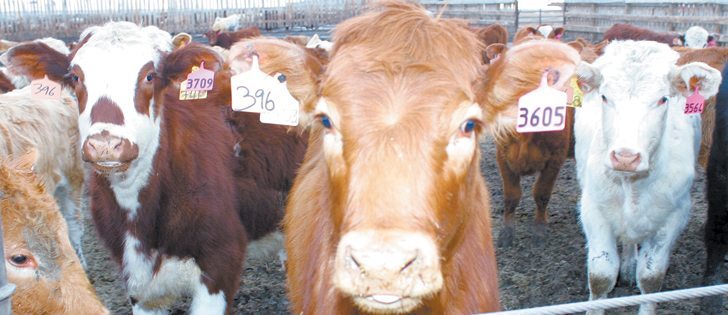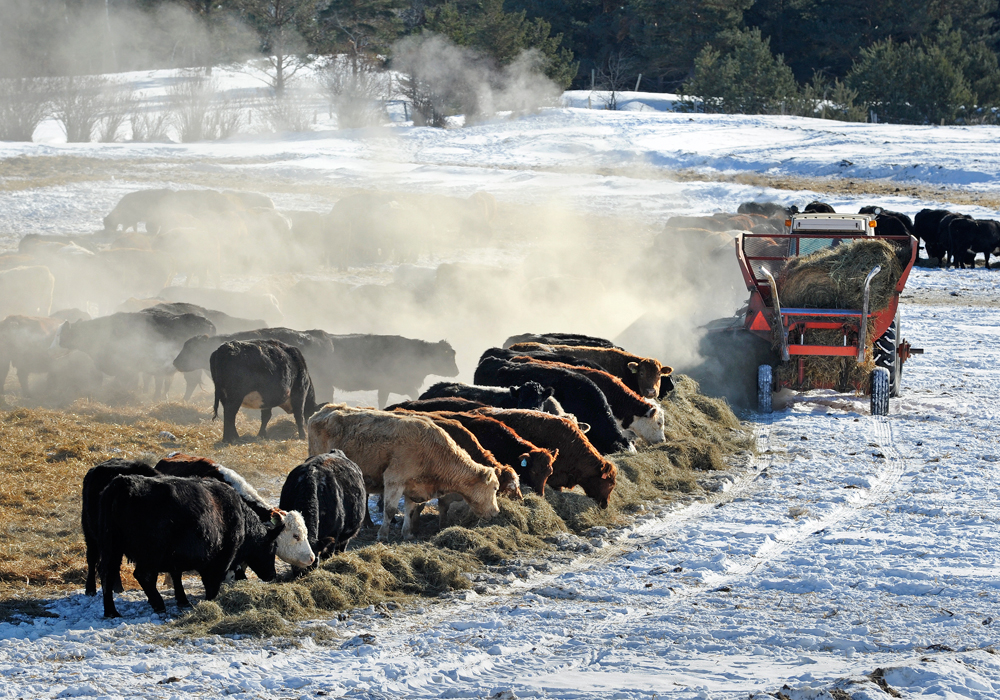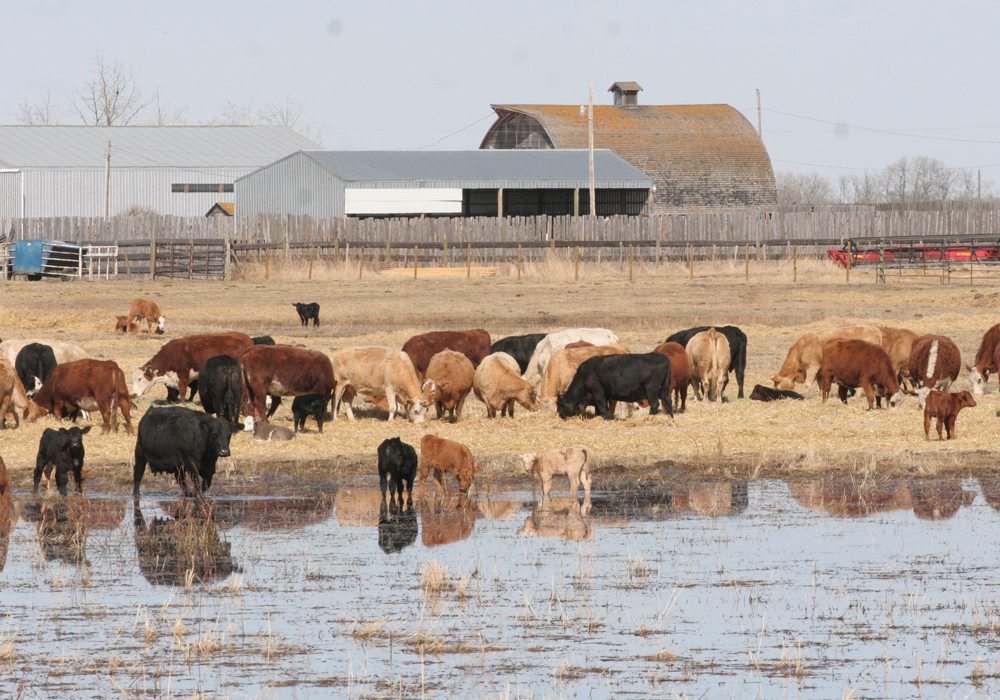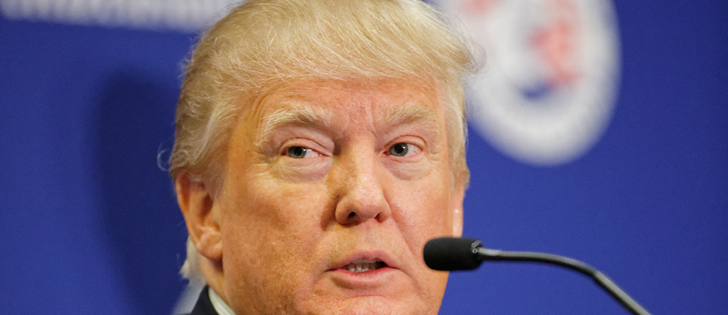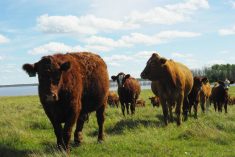SAN DIEGO, Calif. — American beef producers’ biggest obstacles to gaining global market power could be the mighty Australian beef exporting machine and the failure of the U.S. Congress to ratify a major trade deal.
The Trans-Pacific Partnership must receive congressional assent, but that could stall in an election year. The politicians who remain after the November election may not choose to deal with the TPP as promptly as the agriculture industry might like.
“Not a lot happens during a lame duck Congress,” Kent Bacus of the National Cattlemen’s Beef Association said during the association’s Jan. 26-29 convention in San Diego. “We can’t afford to wait until 2017.”
Read Also

Beef check-off collection system aligns across the country
A single and aligned check-off collection system based on where producers live makes the system equal said Chad Ross, Saskatchewan Cattle Association chair.
Exporting industries such as the beef sector want a deal that could substantially lower tariffs.
The United States ships $1.6 billion worth of beef to Japan a year, but the tariff rate is 38.5 percent.
“We have an opportunity to engage in the Trans-Pacific Partnership and take that tariff to nine percent,” he said.
“That is the greatest market access ever negotiated into that market. That is a huge victory.”
The NCBA has launched a web-site at www.tppnow.com to en-courage legislators to ratify the deal.
The Australians have a strong presence in Asia, which they have developed largely since the discovery of BSE blocked the U.S. from exporting in 2003.
Australia stepped up exports and signed a favourable bilateral trade agreement with Japan that gave it a 10 percent tariff advantage.
The strengthening U.S. dollar also makes its beef more expensive than what the competition is offering.
More than $100 million in potential sales have been lost to Australia, said Bacus.
About 280 bilateral agreements have been completed around the world, and the U.S. is involved in only 20 of them, said Phil Seng of the U.S. Meat Export Federation.
“It is not a level playing field in Asia right now,” he said.
The taste for beef is growing in Asia, and the U.S. sees it as a region of opportunity.
“We are still getting about $280 per head extra value from this export premium,” Greg Hanes of the federation said at a meeting of the NCBA’s export committee.
However, it is hard to displace the True Aussie Beef campaign that promotes clean, safe product for an aging population concerned about nutrition.
South Korea is another important, high value market in which Australia dominates, said Dan Halstrom of the meat export federation.
“The retail area is the place where we are looking to displace the Aussies,” he said.
“Retail totally shifted to Aussie after BSE.”
They are strong in large retail chains, including Costco.
Supplying beef through convenience stores is also gaining popularity. These stores have turned into popular spots to buy fresh boxed lunches.
The growing e-commerce trend is another possibility. More people order their meat online and get it delivered to their homes.
“This whole e-commerce area is already an $108 billion market, and it is expected to increase by 50 percent in five years,” said Hanes.
West Africa is also presenting a new market possibility.
The export federation has been working in the region for the last two years to explore whether countries such as Senegal, Ghana, Nigeria, Gabon and Angola might make the switch from poultry to beef.
“At some point Africa is going to become a factor, maybe not for U.S. beef, but it will impact U.S. beef,” Hanes said.
“Somebody is going to supply there eventually.”
Africans would probably get most of their beef from India, but there may be other opportunities for commodities such as liver.
Beef liver was sold to Russia four years ago for 70 cents a pound. When Russia closed its markets to western food, the product went to Egypt for 50 cents a lb. but is now selling for around 30 cents a lb.
“It is obvious the industry needs help on something as simple as livers,” Halstrom said.
“This region is an option. Angola is buying beef livers today. You have to pick the right countries with the ability to pay for it.”




